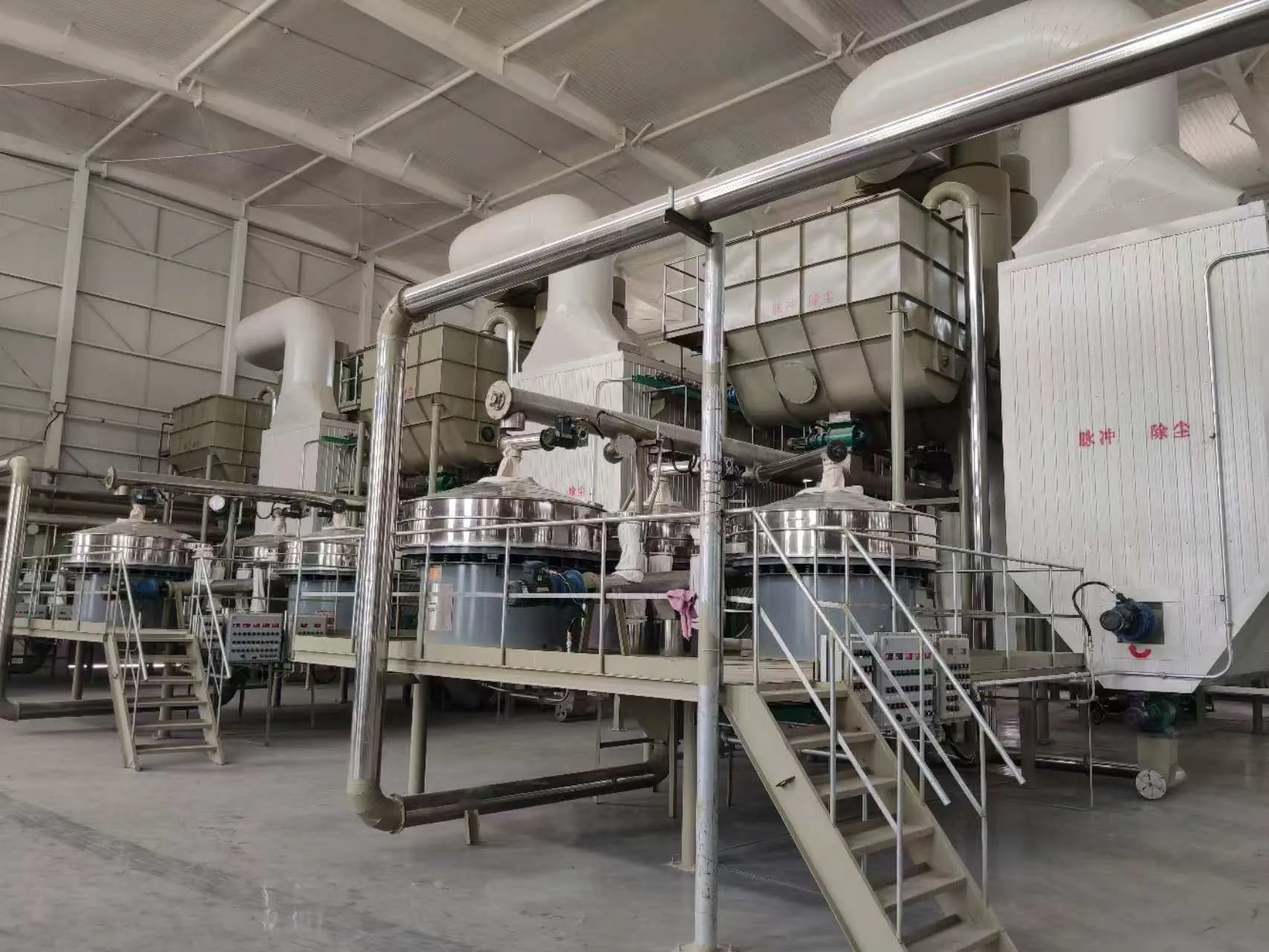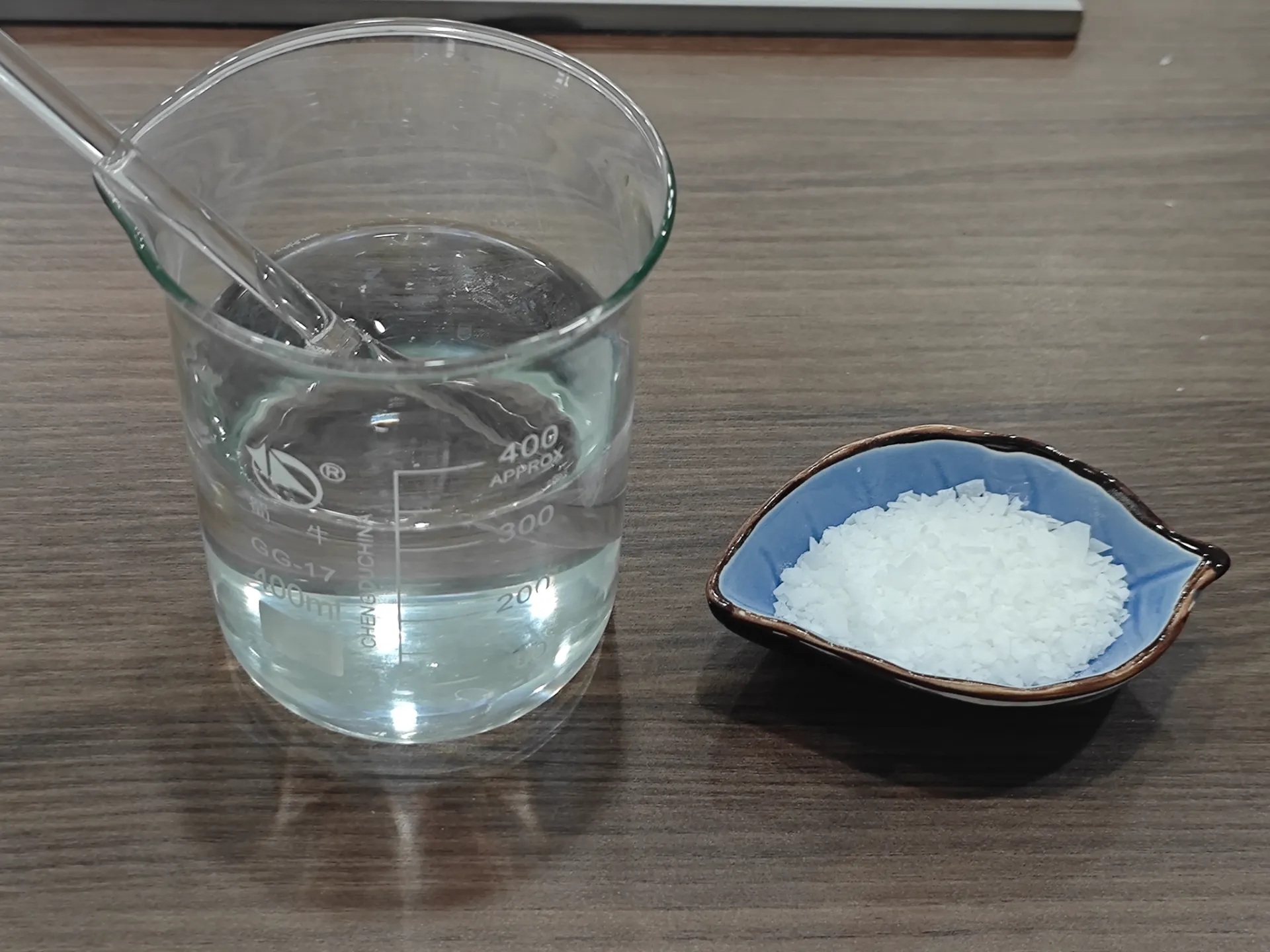Hebei Tangzhi Technology Co., Ltd.

Polyviny Alcohol (PVA)
فبراير . 18, 2025 03:21
Back to list
Polyviny Alcohol (PVA)
PVA, standing for Polyvinyl Alcohol, is a fascinating synthetic polymer that has become increasingly essential in a variety of industries. As an effective adhesive, film former, and thickener, PVA has a significant impact on everyday products, from food packaging to textiles. The intriguing characteristics of this versatile polymer stem from its unique chemical structure, which also supports its biodegradability and non-toxic nature, making it environmentally friendly.
For businesses aiming to remain competitive and forward-thinking, integrating PVA into their product lines not only demonstrates a commitment to sustainability but also taps into a market increasingly driven by eco-conscious consumers. As a professional in a leading edge industry, my own ventures into the utilization of PVA have unveiled numerous opportunities for product innovation and improved sustainability metrics. In various product developments, the incorporation of PVA has resulted in enhanced product characteristics, proving its worth as a strategic asset. Authoritative studies further cement PVA's position as a vital component in modern manufacturing. Research consistently points to the polymer’s exceptional performance in creating films with superior tensile strength and flexibility. These properties are a cornerstone in packaging materials where consumer demands for durability and sustainability must be balanced. The food industry, for example, benefits from PVA's ability to form protective coatings that extend shelf life without compromising environmental impact, embodying the principle of 'do no harm' to ecosystems. Trust in PVA as a reliable and sustainable material is growing among manufacturers and consumers alike, forming a feedback loop that enhances its credibility. The polymer's proven track record in delivering results, combined with scientific validation from peer-reviewed research, assures stakeholders of its integrity and potential. As the global economy continues its pivot towards sustainable practices, the demand for materials like PVA is anticipated to grow even more. The polymer not only fulfills current industrial needs but is well-positioned to cater to future demands for innovation and eco-efficiency. In conclusion, understanding the multifaceted applications and benefits of PVA can propel industries toward a more sustainable future, marking it as an indispensable tool in the toolkit of any forward-thinking product developer. It represents a confluence of experience, expertise, authoritativeness, and trustworthiness, making it not just a material choice, but a strategic decision for long-term success.


For businesses aiming to remain competitive and forward-thinking, integrating PVA into their product lines not only demonstrates a commitment to sustainability but also taps into a market increasingly driven by eco-conscious consumers. As a professional in a leading edge industry, my own ventures into the utilization of PVA have unveiled numerous opportunities for product innovation and improved sustainability metrics. In various product developments, the incorporation of PVA has resulted in enhanced product characteristics, proving its worth as a strategic asset. Authoritative studies further cement PVA's position as a vital component in modern manufacturing. Research consistently points to the polymer’s exceptional performance in creating films with superior tensile strength and flexibility. These properties are a cornerstone in packaging materials where consumer demands for durability and sustainability must be balanced. The food industry, for example, benefits from PVA's ability to form protective coatings that extend shelf life without compromising environmental impact, embodying the principle of 'do no harm' to ecosystems. Trust in PVA as a reliable and sustainable material is growing among manufacturers and consumers alike, forming a feedback loop that enhances its credibility. The polymer's proven track record in delivering results, combined with scientific validation from peer-reviewed research, assures stakeholders of its integrity and potential. As the global economy continues its pivot towards sustainable practices, the demand for materials like PVA is anticipated to grow even more. The polymer not only fulfills current industrial needs but is well-positioned to cater to future demands for innovation and eco-efficiency. In conclusion, understanding the multifaceted applications and benefits of PVA can propel industries toward a more sustainable future, marking it as an indispensable tool in the toolkit of any forward-thinking product developer. It represents a confluence of experience, expertise, authoritativeness, and trustworthiness, making it not just a material choice, but a strategic decision for long-term success.
Prev:
Next:
Latest news
-
Hydroxy Starch: Superior Thickener & Stabilizer SolutionsNewsAug.11,2025
-
Advanced Antifoam & Defoamer Solutions for Foam ControlNewsAug.10,2025
-
High-Purity Microcrystalline Cellulose for Pharma & FoodNewsAug.09,2025
-
Premium MHEC Cellulose: Versatile Binders & ThickenersNewsAug.08,2025
-
Methyl Cellulose: Premium Thickener & Binder for Versatile UseNewsAug.07,2025
-
Premium Ethyl Cellulose | Binder for Pharma & CoatingsNewsAug.06,2025





















